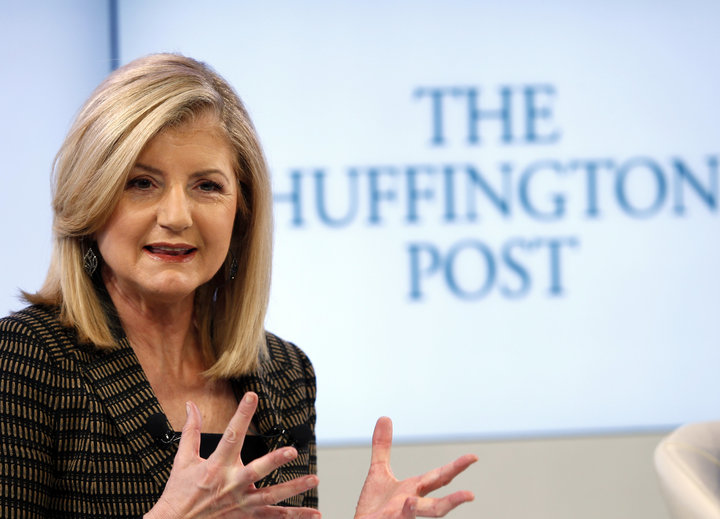By Nicole Pimental – Ithaca College (Journalism, ’20)
Huffington Post was regarded as an independent media superstar that embraced liberal ideals while being powered by a team of dedicated, unpaid bloggers who wrote for a cause. HuffPo was also a milestone in the recognition of digital news organizations when it became one of the first digital, indy outlets to ever win a Pulitzer Prize. Both the publication and its founder, Arianna Huffington stood on a pedestal as left-leaning media elite.
That all came crashing down when Huffington sold her media empire to AOL for $315 million dollars back in 2011, and the sale, while a huge success for herself, caused outrage among the journalism community. The journalists’ union, America’s Newspaper Guild, led a campaign to demand Huffington share some of the profits with the unpaid bloggers who were happy to work for free when they thought it was for something they believed in.
Many professionals and scholars in the journalism industry agreed that Huffington’s deal was an exploitation of freelance bloggers as well as a business malpractice. Los Angeles Times columnist Tim Rutten said, ¨to grasp its business model… you need to picture a galley rowed by slaves and commanded by pirates.¨ Some say the backlash is deserved but may also be attributed to the envy of Huffington’s success, given that she turned a blog into a huge monetary profit.
Since then, HuffPo came under the ownership of Verizon when the mass telecommunications company took over AOL in 2015. There’s no clear reasoning as to why these larger corporations are trying to attain their share of HuffPo, but bloggers have been concerned about how the change in ownership will affect the site’s mainly liberal campaigning. HuffPo was supposed to be an alternative source of news media to the conservative, mainstream outlets like Fox News, but this turnover risks that ideology.
Personally, I agree that Huffington completely disregarded an entire community of dedicated writers and the works they produced, and she should have at least contributed some of the profits to the betterment of independent journalists or the industry itself. But the idea that some of the backlashes she received were in part from envy of her success was intriguing. I’m sure many small town bloggers and independent journalists hope to rise to the digital media stardom that Huffington did, but I´d like to think I wouldn’t have sold out other hard-working journalists to get there.

